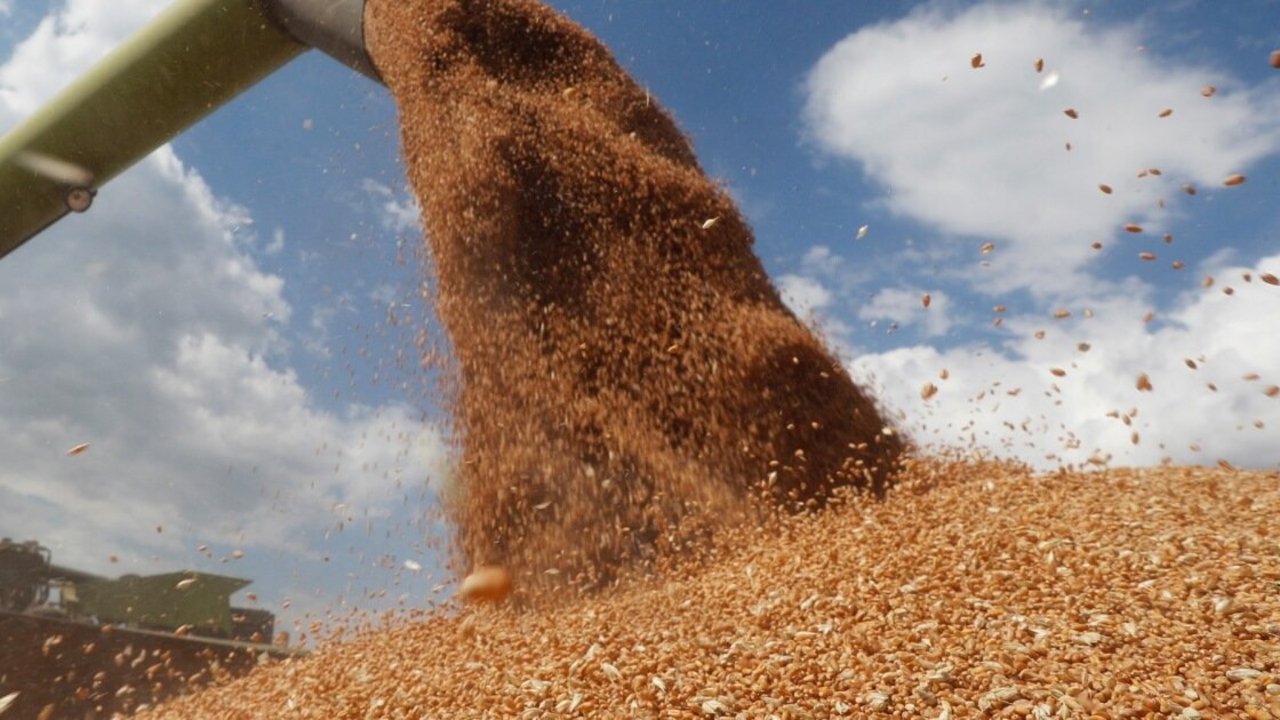The Food and Agriculture Organization of the United Nations (FAO), said in a report, that global wheat markets during the 2022/2023 season are shrouded in a lot of uncertainty, adding that the repercussions of the ongoing war in Ukraine, changes in trade policy in many countries, and high international prices, will affect on the wheat market.
The FAO noted that global wheat prices have reached levels not seen since 2008, due to lower yields in some major exporting countries and suspension of exports by other countries, notably Ukraine (a major exporter) and India (an emerging exporter), in addition to supply problems. .
Morocco: a 67% decrease in production and a 32% increase in imports
Under these conditions, global wheat production in 2022 is expected to fall by 0.8% from the record level of 2021, to reach 771 million tons, the first decline in four years. "The decline in production on an annual basis in Australia, India, Morocco and Ukraine is likely to outweigh the expected increases in production in Canada, the Islamic Republic of Iran and the Russian Federation," the FAO said.
The report notes that in North Africa, prospects for wheat production have been hampered by the persistent lack of rainfall in many countries, and stresses that “below average rainfall was particularly evident in Morocco, where the decline in the total number of farms and the expected sharp decline in the Yields support an expectation of a production decline of approximately 67% compared to last year.”
According to the report, in Africa, import demand is expected to be stronger from many countries, which would raise the continent’s purchases of wheat in 2022-2023 to 54 million tons, an increase of 5% (2.6 million tons) compared to the estimated level of the season. Present.
For FAO, “the increase is largely attributable to a projected 32% increase (1.5 million tons) in imports from Morocco, which will reach a record level of 6.2 million tons, in order to offset the significant decline expected from domestic production.
Morocco.. proactive measures
In its report, the FAO also identifies the main proactive measures taken by Morocco to deal with this ambiguous context. She referred to the "increase in the budget for subsidizing wheat, sugar and cooking gas", which amounted to 17 billion dirhams (1.8 billion US dollars), in light of the rise in international prices. The state also extended the suspension of import duties on wheat and its products until further notice in order to “maintain the cost of imports at a competitive level and increase stocks.”
The same source added that Morocco has also prepared a “refund system that aims to keep soft wheat prices at less than 270 US dollars per ton,” explaining that the “reference price” for this system is valid until June 30, 2022, “calculated every two weeks and is based on estimated prices from Four countries (the United States, France, Argentina, the Russian Federation and Ukraine). "The Moroccan government implemented this measure in response to the rise in wheat prices due to the war in Ukraine and the significant increase in transportation costs in recent months," the report stated.
The FAO also indicated that Morocco has launched an emergency program to combat drought, through which the government will provide subsidized barley to farmers in the most affected areas, in addition to increasing wheat subsidies.
